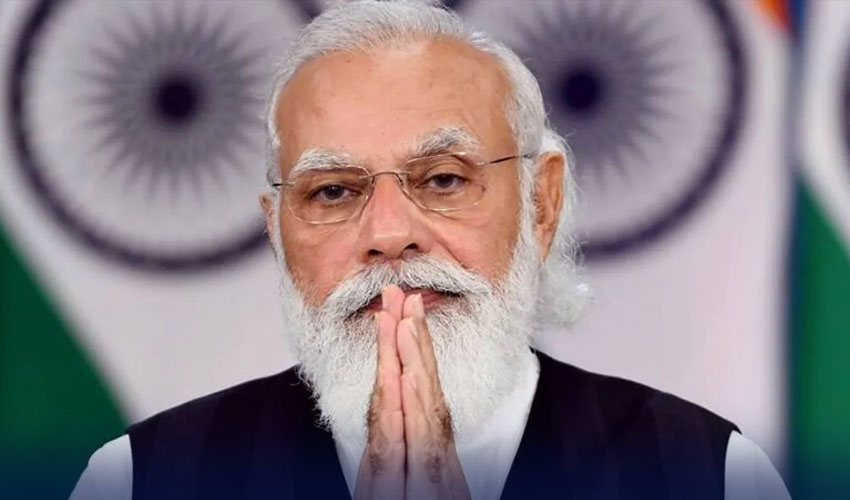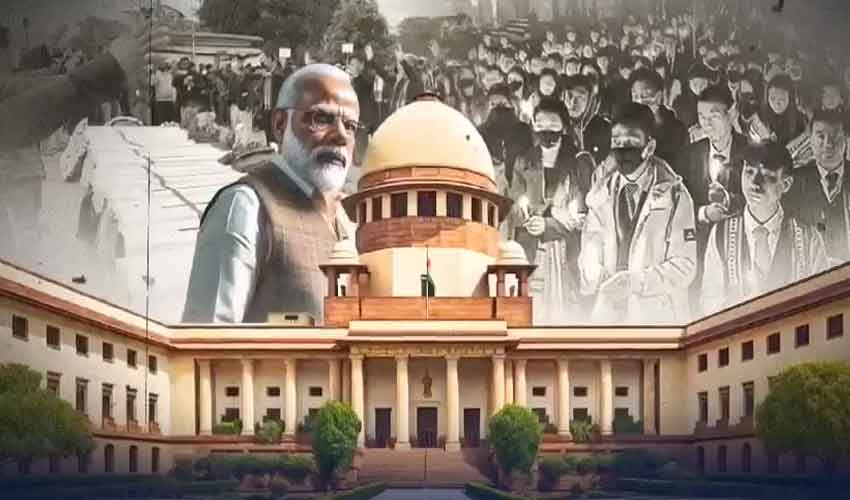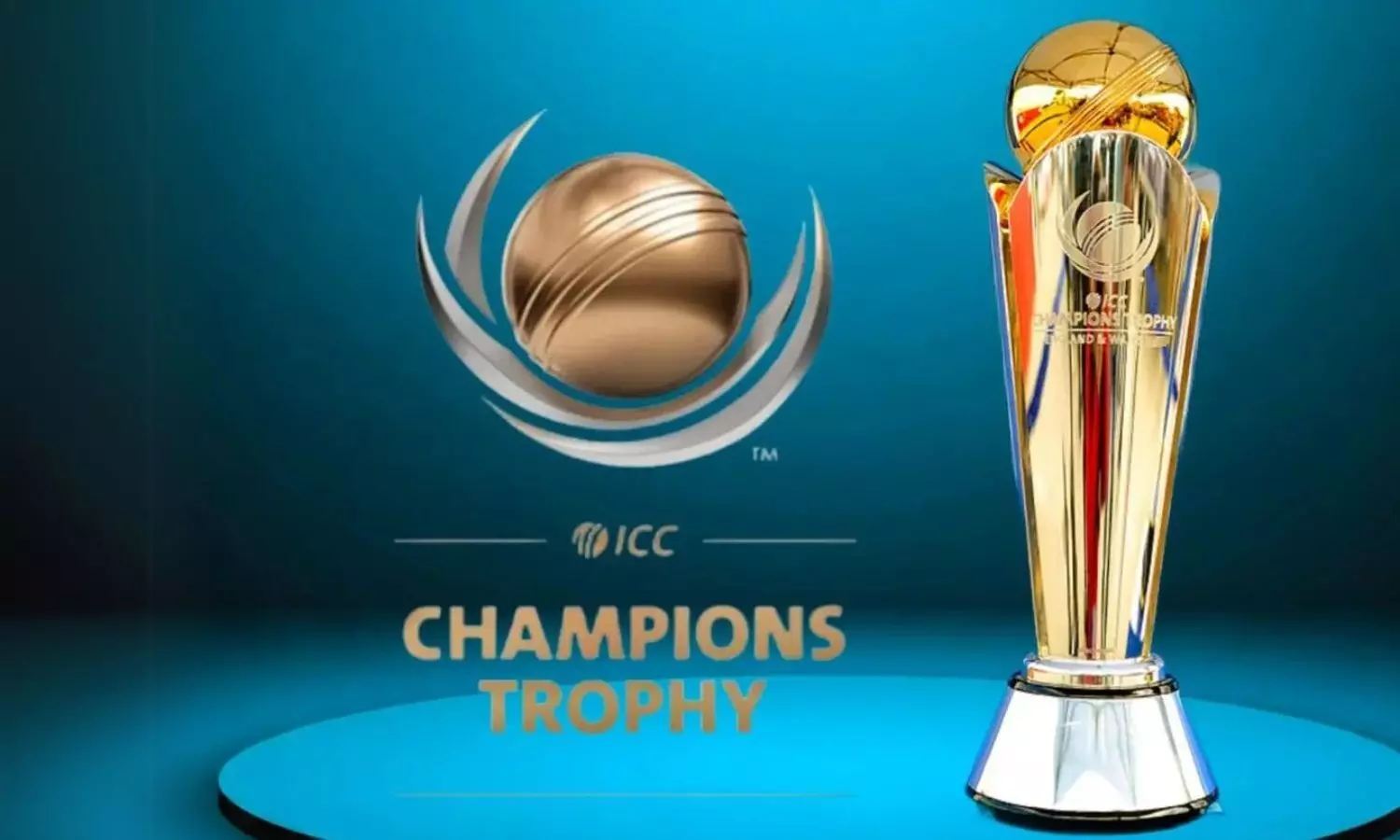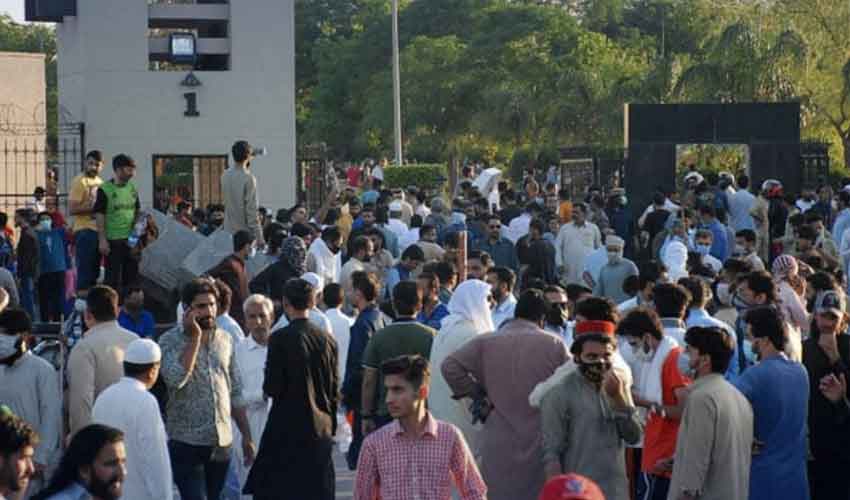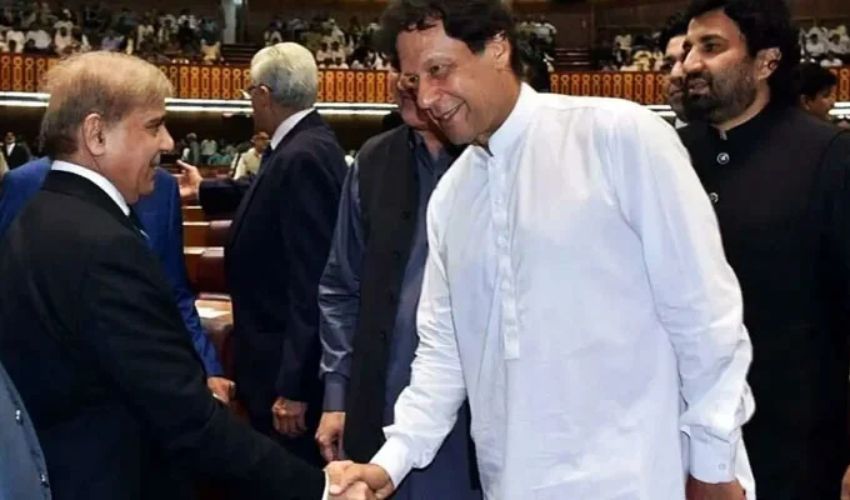The 2024 Indian elections have sparked significant controversy, with opposition parties raising serious concerns over the legitimacy of the electoral process under Narendra Modi’s government. Claims of electoral malpractice have cast a shadow over the predicted outcomes, which favor the ruling Bharatiya Janata Party (BJP).
Exit polls, predominantly forecasting a BJP victory, have faced sharp criticism from opposition leaders. Congress leader Rahul Gandhi dismissed these polls as manipulated by Modi's media cell.
Similarly, Samajwadi Party chief Akhilesh Yadav questioned their credibility, pointing out the discrepancy between low attendance at BJP rallies and high support indicated in the polls. He argued that these polls are not based on electronic voting machines but are influenced by district magistrates.
Jairam Ramesh, another prominent opposition figure, alleged that Home Minister Amit Shah had threatened 150 district magistrates and collectors ahead of the vote count on June 4, further undermining trust in the electoral process.
The Congress party has also accused the Modi government of using state machinery, including the tax department, to alleviate their financial woes ahead of the elections.
West Bengal Chief Minister Mamata Banerjee labeled the exit polls as fabricated and useless, a sentiment echoed by Shiv Sena (UBT) MP Sanjay Raut, who described them as a 'corporate game and fraud'. Amnesty International India's chair, Aakar Patel, condemned the government's actions as a blatant violation of human rights.
Delhi Chief Minister Arvind Kejriwal termed the exit polls as fake, alleging they were released to demoralize opposition activists. Tamil Nadu Minister Mano Thangaraj accused the BJP of rigging the elections, calling the exit polls a conspiracy by the Modi media group.
The Election Commission of India has also faced scrutiny after rejecting the nomination papers of the Congress candidate and five others, raising further questions about the fairness of the process.
Despite these serious allegations, international bodies like the United Nations, the United States, and the European Union have remained largely silent. Their usual prompt reactions to electoral controversies in other countries have been noticeably absent in the case of India, leading to further criticism from the opposition and human rights organizations.





